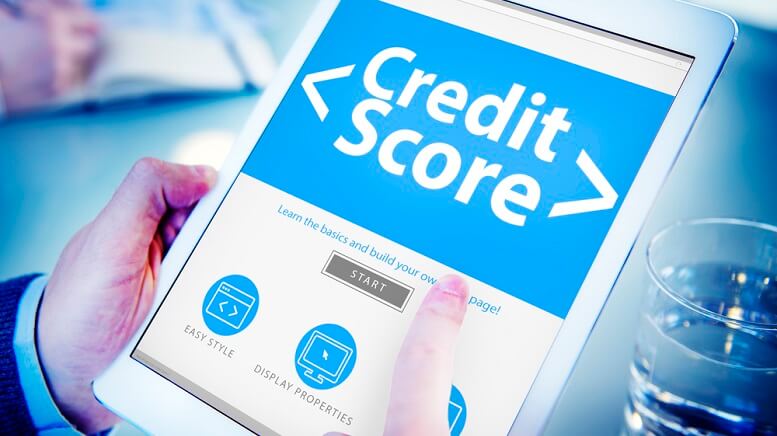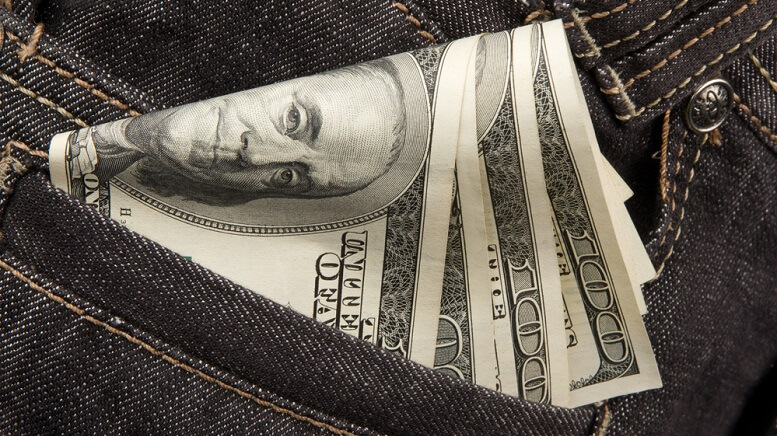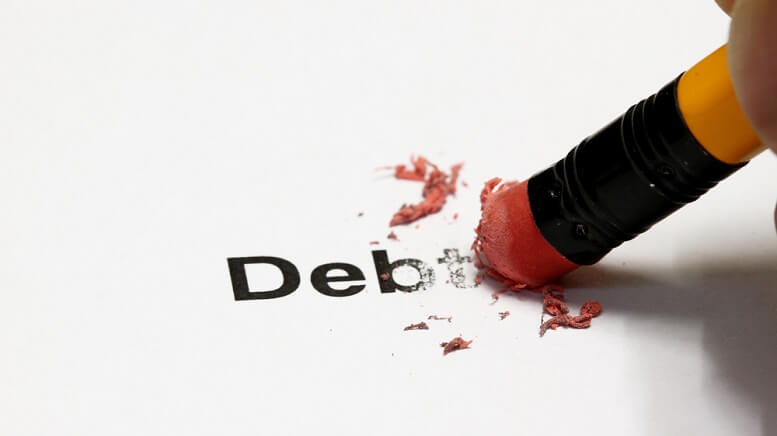What is a credit report? What’s in a credit report? How does a bad credit score influence your life? Why it is important? How do you build your credit? Is your credit score good enough? After reading this article, you may come up with the answers.
What is a Credit Report?
A credit report is a complete record of personal credit history, which is collected from sources like creditors, financial institutions, credit card companies, and public records by the credit bureau. Building credit and maintaining a good credit history will help you with future borrowing or other matters that require a credit report. You are entitled to a free, yearly copy of your credit report from all the following three bureaus — Experian, Equifax, and TransUnion. Each of the three bureaus is required to provide one free annual copy by law.
What’s in a Credit Report?
Credit is an important part of the US economy, so your credit worthiness will be quantified in your adult life and evaluated in a variety of situations. Your credit report may be reviewed by banks, lenders, utility companies, and even your landlord or employers. Thus, you must monitor your credit report and dispute any errors with the corresponding credit bureau. Reports from all the three credit bureaus have the following items in common, which are your personal information, credit scores, account history, public records, and credit inquiries. The credit reports may also include your loan history, loan amounts, the credit limit for each credit card under your name, frequency of timely repayments, overdue or missed repayments, and public information such as bankruptcy or retention.
How Does a Bad Credit Score Influence Your Life?
Your credit score directly affects your chances of applying for a new loan or credit. The lower your score, the less likely you are to find someone who is willing to lend you money. Even if a bank or lender is willing to lend you, you will face higher loan rates and tighter loan terms. You will get in trouble re. renting a new apartment, as well as getting a job or security clearance. Insurers pay a lot of attention to the clients in their timely payment history and the level of outstanding debt. If your credit status is not good enough, you may pay higher premiums on other identical insurances than those with better credit status.
Why is It Important?
Why should you check your credit report? Why it is important? The answer seems obvious. Not reading your credit report will cost you money, causing loans and credits to be rejected, and will allow others to steal your identity before you’re even aware anything is amiss. If you don’t check your credit report, you won’t know if your credit score is down. And if you have a lower credit score than before, you will face a higher loan rate when you are going to apply for some kind of loans. What is worse, you may lose a job opportunity from a potential employer who has checked your credit report.
How Do You Build Credit?
In order to build your credit, you can take the following five steps. Firstly, you should get a credit card, and secondly become an authorized user on someone else’s account. Thirdly, you should get a co-signer; if you don’t have enough credit to get a credit card or loan, you can ask a credit-worthy parent or family member to be your co-signer. Just remember that no matter who you choose as a co-signer, they must be responsible for all the loans you are unable to pay. You can use your utilities or rent payments as evidence. Lastly, you can take out a loan to build your credit. Credit builder loans are usually personal or secured loans, usually provided by credit unions and several other banks to those who can prove their financial stability but need to establish or repair credit.
Is Your Credit Score Good?
The most common rating for credibility is 300 to 850, in which credit scores are usually divided into four categories. People with scores between 300 and 629 are considered to have poor credit. They will have a hard time borrowing money from loan lenders. Consumers with scores between 630 and 689 have “fair” or “average” credit. They may be able to get a credit card and car loans. Those who score between 690 and 719 are considered to have good credit. Their borrowing will be easier. People with more than 720 points have “excellent” credit. Lenders are willing to lend to them at the lowest interest rate.
In summary, having a good credit score is of great importance, and it will affect every aspect of your life, including applying for personal or automobile loans, renting an apartment, purchasing a new home, etc. So build or fix your credit score from now on!
Featured image: DepositPhotos – Rawpixel









